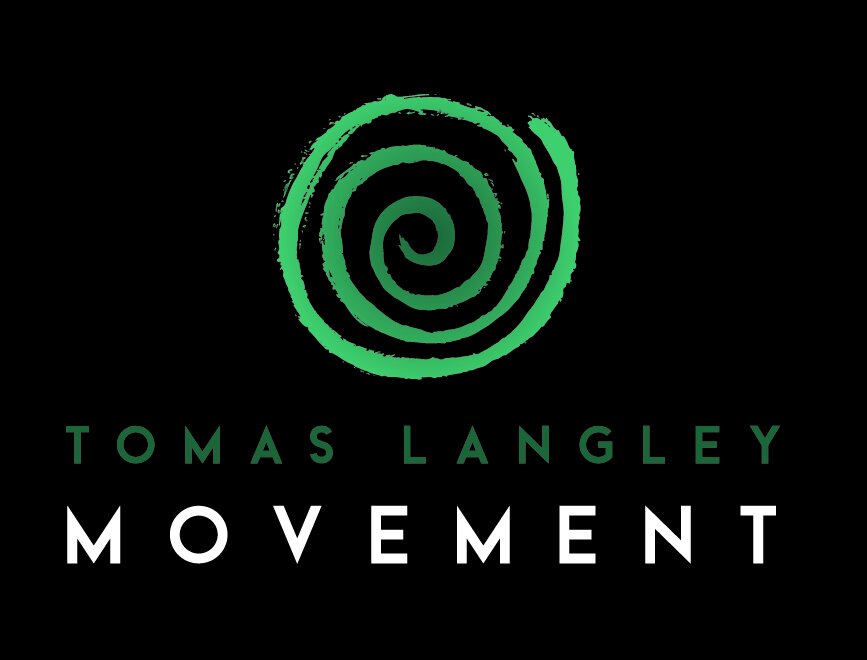A month ago I had a realisation that is changing my life. It’s really simple: you don’t have to try so hard all the time - back off.
Of course, as with anything that is supposedly simple, this has a certain nuance to it. I’m not suggesting that hard work should be avoided. Only that when you’re doing that hard work, most of the time pushing and straining to get it done isn’t helping. For most kinds of work (and play - I’ll get to that), the work itself is the reward rather than the thing you’re trying to achieve at the end. Sure, if you’re competing in a marathon and you’re striving to get across the finish line, pushing so that you stumble across can be a good thing. But as you go about your life doing everyday things, you don’t often need to push like that. You can keep your absolute top performance in the tank so to speak, and give it 90%. You’ll do whatever it is you’re doing with much more grace, form, and have something to give when you’re finished. And best of all, you’ll probably recover more easily from all that work so you can go again sooner.
This applies to so much in my life: exercise, writing, sex, singing, guitar, and really, any creative pursuit. There is a lot more to be gained from doing 10 pushups with perfect form, then straining to do 20 in what feels like your ‘top performance’ all in terrible form. This gets to the heart of the problem with trying so hard. At least with me, trying really hard at something meant that I missed what was important about that thing. In the above example, I would feel really good for having tried so hard at my pushups, only to never really get any better at them because I was always using terrible form. The instant I backed off and started using proper form, and not straining to complete my reps, I started to improve. I had made it all about the goal of more reps. But that was getting in the way of me learning how to do a really good pushup.
I had the same experience with sex. For years now I’ve been trying really hard to get better at sex. I wanted to last longer and be able to ‘do sex better’. I’ve learned a few things along the way, but over all those years I never got demonstratively better. A few months ago, for some reason during sex I decided to just take it easy. And wow. Everything improved seemingly all at once! Not only did I last longer, but I felt as though I was in control of the ‘end’ so to speak. Both my partner and I enjoyed the experience much more. AND, I’ve been able to recreate this experience every time I’ve had sex since that day - it wasn’t a fluke. All it took was me not trying so hard to do sex and enjoy the experience.
Not everything is sex. But my experience here is illustrates a powerful but simple concept. It’s something I’ve heard a million times: stop and smell the roses. It’s about the journey not the destination. Both of these phrases are cliches. I thought I understood them. But I know now that I never recognised their importance. I think I’ve still got a lot to learn, but here’s where I’m at after a month:
Stop what you’re doing and take a moment to enjoy the experience. Goals are great to have, but the learning and growing happens along the way not suddenly all at once at the end. So to get the most benefit out of having your goal, and in most cases to be able to even achieve it, you have to pay attention along the way. Being present with the experience is the best way to not only enjoy yourself, but to achieve your goals.



